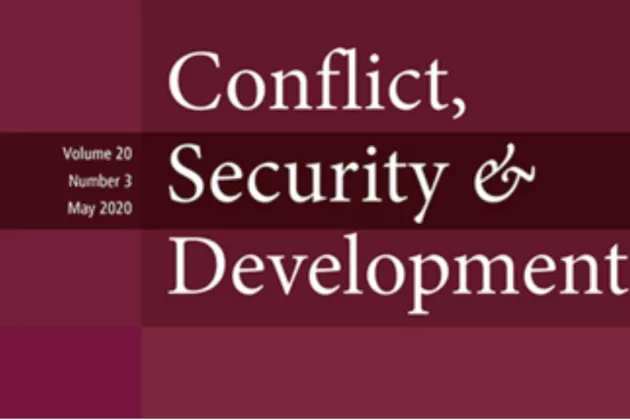Given incumbent-led autocratization in Tunisia, the article investigates support to democracy among youth in historically marginalized regions and the likelihood they will prefer the authoritarian alternative. Putting forth a framework for micro-level assessment of the cognitive and interpretive dynamics generating loss of popular support to democratic transition, the research problematizes the relationship between political socialization, the conceptualization of democracy, and the formation of political grievances. Drawing on 12 focus group discussions held in six cities in early 2021, the article finds that political learning occurs through observation of unfolding processes via the media/social media in a highly polarized public sphere. As a result, youth understand democracy as the substantive outcome of extended rights, , and judge democracy based on what these extensions produce. The research finds three primary political grievances that are framed as anti-establishment and not as a preference for authoritarianism. Nonetheless, the research also finds that within their conceptualization of democracy are preferences for its limitation in both procedural and substantive dimensions. The article extends the research agenda on support to authoritarian backsliding by demonstrating how modes of political learning shape popular understandings, and assessing the implications of these understanding in terms of authoritarian legitimation.
Keywords: Tunisia; youth; grievances; political socialization; democratic consolidation; attitudes





